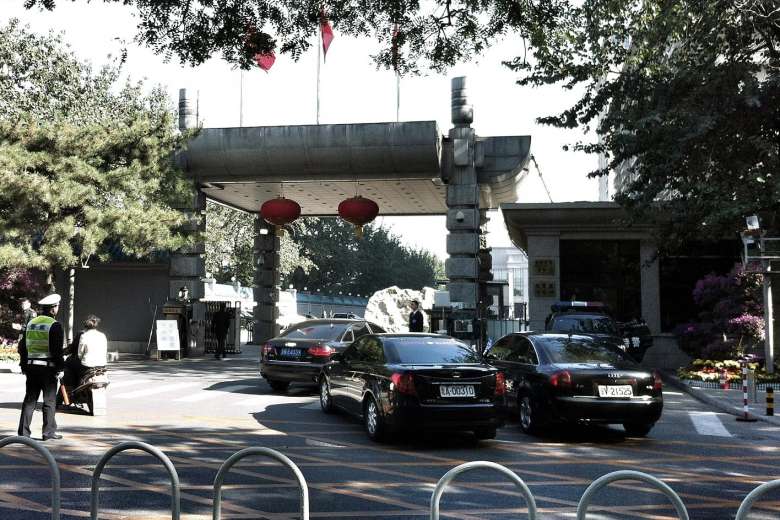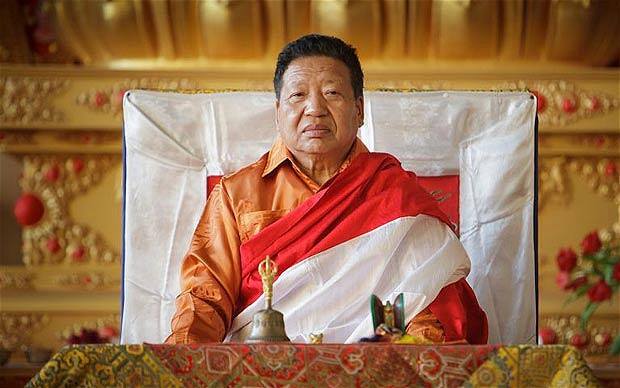After Biden, German Foreign Minister Labels Xi Jinping a ‘Dictator,’ Drawing China’s Protest
By Tsering Choephel

DHARAMSALA, 20 Sept: German Foreign Minister Annalena Baerbock recently provoked CCP when she referred to Chinese President Xi Jinping as a “dictator.” This remark led to strong protests from Beijing, with Chinese officials labelling it an “open political provocation,” as reported by CNN Tuesday.
Baerbock made these comments during an interview with the conservative US media outlet Fox News while on a visit to the United States last week. Her remarks came in response to a question about Russia’s war on Ukraine, where she drew a parallel between Vladimir Putin and Xi Jinping by categorising them both as dictators.
She said, “If Putin were to win this war, what signal would that send to other dictators in the world, like Xi, the Chinese President?”
China’s Foreign Ministry spokesperson, Mao Ning, condemned Baerbock’s statement on Monday, describing it as “extremely absurd” and claiming that it “seriously infringes on China’s political dignity, constituting an open political provocation.”
Additionally, the report mentioned that Beijing summoned Berlin’s ambassador to China, although specific details of the meeting were not disclosed.
In a strategy paper published by Germany in July, a policy of “de-risking” in its dealings with China was outlined. This policy recognised China as a “partner, competitor, and systemic rival.”
The concept of “de-coupling” and “de-risking” has gained traction globally, particularly in the United States, Australia, and various European countries, as a response to the economic chasm and production disparity exposed during the COVID-19 global pandemic.
While Germany’s Chancellor, Olaf Scholz, leans towards a more trade-friendly stance with China, Baerbock advocates for a tougher approach, particularly concerning human rights and Taiwan-related issues.
During her visit to Beijing in April, Baerbock issued a warning that any attempt by China to assert control over Taiwan would be unacceptable, the report says.
Notably, American President Joe Biden also referred to Xi Jinping as a “dictator” in June of this year, which triggered strong protests from Beijing.
The perception that Xi Jinping has steered China towards a more dictatorial form of governance is a prevailing view among China analysts. Since assuming the presidency of China in 2013, Xi has reshuffled the leadership within the Chinese Communist Party (CCP), with allies gaining prominence and opponents marginalised. Xi’s gradual but successful consolidation of power mirrors that of Mao’s.
In recent years, Xi’s leadership has been marked by increased CCP scrutiny and crackdowns across various aspects of Chinese society, particularly in occupied Tibet and East Turkestan.
The CCP’s introduction of a revised counter-espionage law, which includes a catch-all provision, and its willingness to ban clothing deemed to “hurt the feelings of the Chinese people”, to cite a few examples – all point the radar of Xi’s rule as ‘dictatorial’, albeit one utilising sophisticated tools and veneered propaganda.
The CCP’s implementation of a revised counter-espionage law, complete with a catch-all provision, and its readiness to prohibit attire deemed to “offend the sentiments of the Chinese people,” are just a couple of examples that highlight the perception of Xi’s rule as ‘dictatorial,’ albeit one employing sophisticated tools and polished propaganda.






